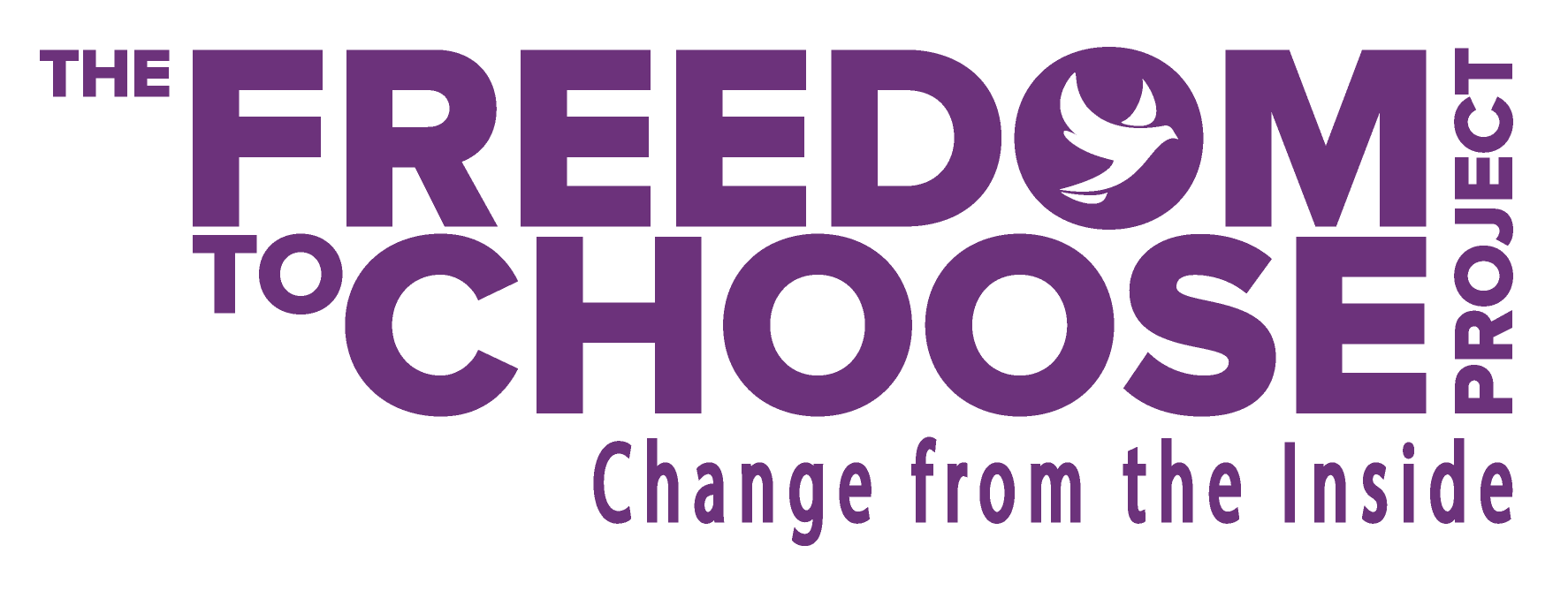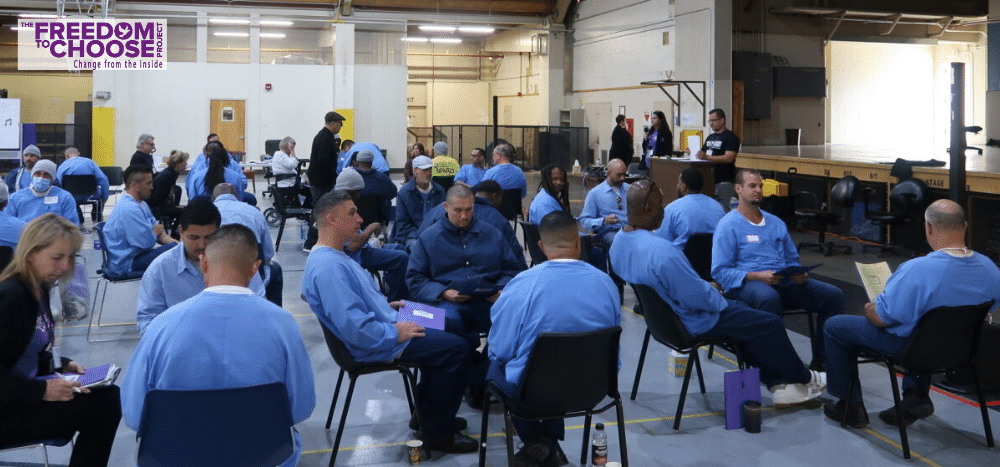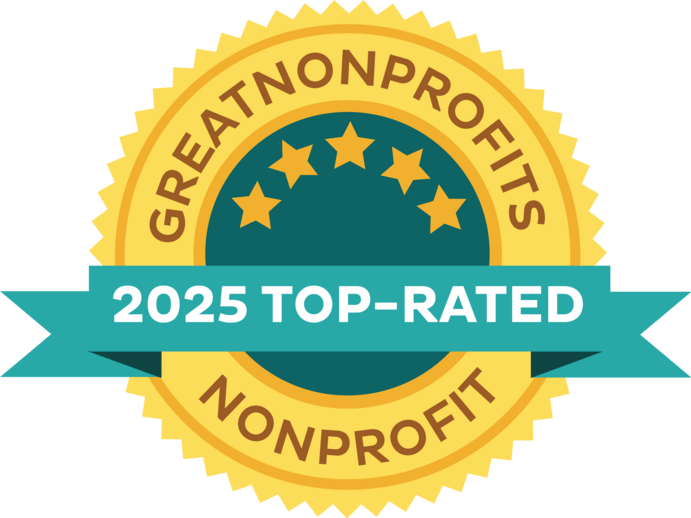Participants at the California Rehabilitation Center (CRC) have been thriving with our new program: Individuals Achieving Greatness (IAG), Excelling in the Workplace.
This 12-week program meets once a week, combining FTC’s core principles—emotional intelligence, conflict resolution, communication, and empathy—with practical workplace skills. It’s designed to empower incarcerated participants who are scheduled to be released within the next few months to 3 years, and equips them with the tools to secure, excel in, and maintain employment once they return home.
The program is proving to be an instant success with its first group having a 100% graduation rate! However, during the first week of its launch a critical need became clear. Chang, a currently incarcerated Chinese-speaking participant, was facing a language barrier and struggling to fully engage.
A search began across the CRC community to find someone who could support Chang. Prison staff and program sponsors Tara and Lila located Loo, a bilingual incarcerated participant, who willingly stepped in to help. Guided by his own deep sense of community, Loo began translating the material for Chang during the second week of the program. His support was generous, but live translation could only go so far. It remained difficult for Chang to fully participate in every part of the process, and—most importantly—practice the skills independently outside of the group.

LEIGH KOECHNER – FTC VOLUNTEER
We learned about this challenge after hearing from Leigh Koechner, a longtime volunteer of our in-prison programs. Leigh had the opportunity to participate in the Chinese-speaking group and although they did not share the same language, her heart was moved by what she witnessed and learned. She saw a man doing his best to grow and learn, in an environment where he could barely communicate—with staff, with the legal system, and even his peers.
“I was so inspired—he (Chang) was already so engaged and he hadn’t even read a handout. But by the end of it, he was so touched and grateful for the experience and the space to be heard. I couldn’t stop thinking about him, I just knew I had to do something.”
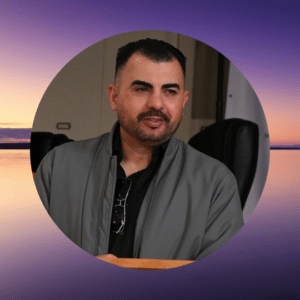
EDDIE TORRES – EDUCATION & PROJECT COORDINATOR
Understanding the impact that translated materials could make, Leigh began converting the program’s handouts using AI. She sent them to Eddie Torres, our Education & Project Coordinator, who worked quickly to organize the translation materials for clarity and alignment with the program’s script.
This was no small task. The handouts and facilitator scripts needed to be translated, formatted, and synchronized page-by-page. Without that structure, the Chinese-speaking trio would have struggled to follow along with the group’s pace. But nothing was going to stop this intention to deliver. Within one week, Eddie had finalized the full set of translated materials.
In the wake of the translation’s success, during the third week of the program, lead volunteer and facilitator Dino Farrare delivered the translations to the prison—and the impact was immediate.

DINO FERRARE – FTC VOLUNTEER
“It was huge for him(Chang)! He shared with us that the group not only helped him find someone he can actually communicate with but also that he’s seeing his world differently now. This work and these processes are nothing like what he experienced in his life before.”
As the lead facilitator, Dino has been driving 5–6 hours round trip every week (for the past 12 weeks) to lead the program. He’s truly been the main artery to this pumping heart of transformation—we are so grateful Dino!
Now, our CRC program participants have full access to the program and are able to work independently in their native language, building confidence and strengthening their skills for re-entry.
The focus of our IAG groups is to help build community and consistent engagement. They create safe, ongoing spaces for incarcerated participants to practice the skills introduced in FTC’s large workshop programs and to continue their personal growth journeys together.
Being able to engage in one’s native language is a powerful part of that connection—one that makes the work more accessible, more personal, and ultimately, more transformative. That’s why translations are essential to our mission. It transforms lives and it’s one of the ways we express our commitment to inclusivity and empowerment.
Although data on the amount of Chinese-speaking individuals in California prisons isn’t available, we found that less than 2% of Californians speak Chinese, and that less than 1.1% of the state’s incarcerated population identifies as being of Asian decent. While not all people of Asian descent speak Chinese—and not all Chinese speakers are of Asian descent—these numbers suggest that Chinese-speaking individuals in prison likely represent an even smaller and further marginalized group.
As the world around us continues to envision and cultivate a new approach to crime, punishment, and incarceration, we believe that striving to expand access to supportive resources—regardless of language or background—is an essential step towards equity and transformation.
By listening to our participants and responding swiftly with care, we’re breaking down barriers and creating opportunities for incarcerated individuals to rediscover their innate inner strengths and light their own path.
Learn more about FTC and how to support the incarcerated population here.
